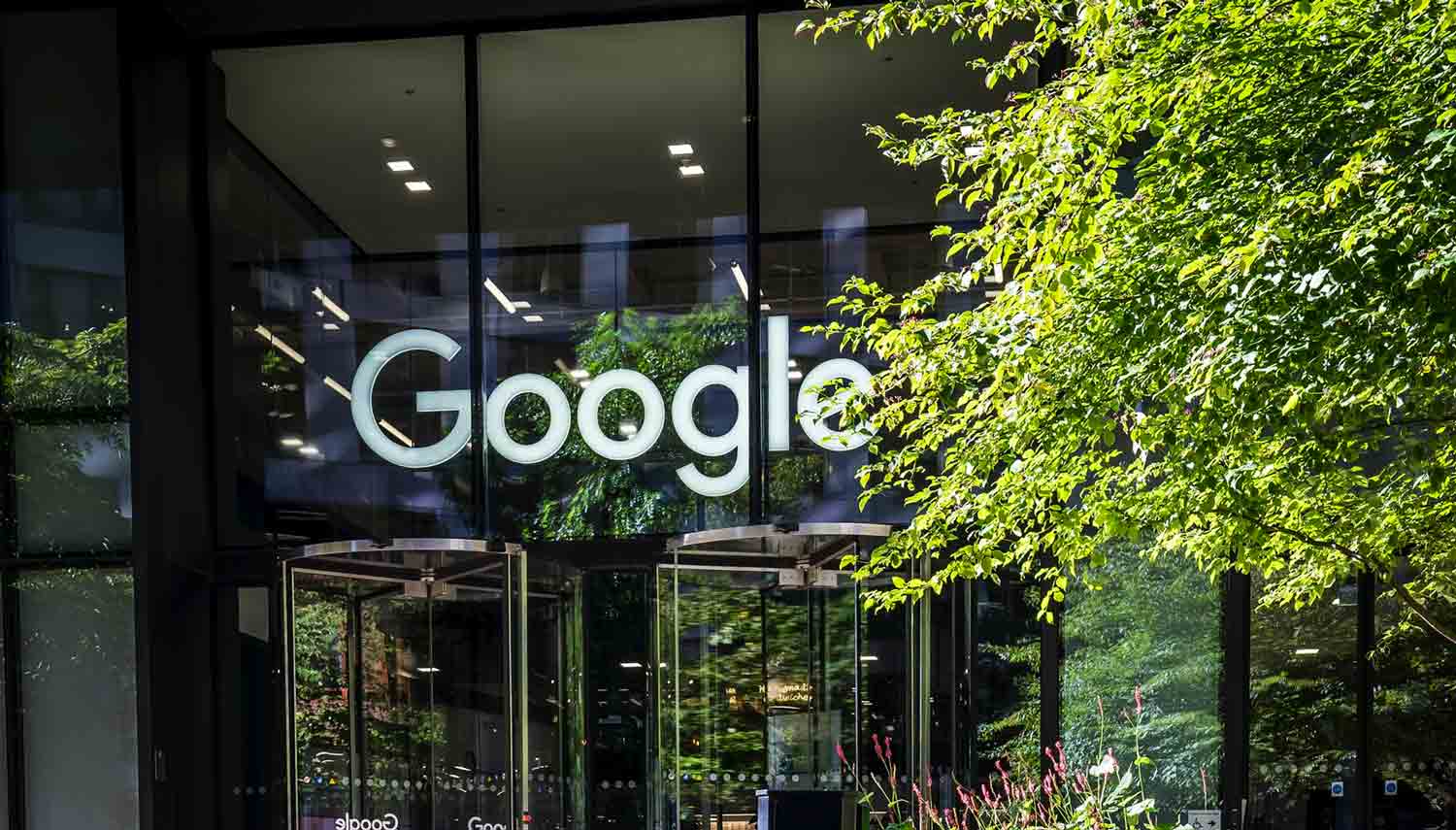

The potential of artificial intelligence (AI) is enormous and has the power to completely transform our lives, jobs, and interactions. AI has the ability to automate repetitive tasks, enhance decision-making processes, and even generate innovative products and services. Moreover, AI can play a crucial role in improving healthcare, education, and transportation systems.
AI, a branch of computer science, enables machines to learn from data and experiences, empowering them to make decisions and take actions without explicit programming. AI finds applications in various fields, including self-driving cars, facial recognition systems, robotics, natural language processing, and machine learning.
One of the significant impacts of AI is its potential to revolutionize the workforce. By automating monotonous tasks like data entry and customer service, AI allows human workers to focus on more valuable and creative responsibilities. Additionally, AI can aid decision-making processes by analyzing customer behavior and preferences, enabling companies to provide better products and services.
The potential of AI is particularly evident in the healthcare industry. AI can be leveraged to diagnose diseases, predict outcomes, and provide personalized treatment plans. Furthermore, it enhances the accuracy of medical imaging techniques such as X-rays and CT scans. By analyzing medical data, AI can deliver valuable insights into patient health, leading to improved healthcare practices.
Education is another area where AI can make a significant impact. AI can create personalized learning experiences through adaptive learning systems tailored to individual students. Additionally, AI can analyze student performance and give feedback to teachers, leading to more effective teaching methods. Virtual tutors and personalized learning plans are also made possible with AI technology.
In terms of transportation, AI has transformative potential. The development of autonomous vehicles like self-driving cars and drones is made possible through AI. Furthermore, AI can analyze traffic patterns and provide insights to alleviate congestion issues. Intelligent traffic systems, including traffic lights and traffic signs, can also be created using AI technology.
AI not only improves existing industries but also generates new products and services. Virtual assistants like Amazon’s Alexa and Apple’s Siri, as well as intelligent chatbots like Facebook’s M, are examples of AI-driven creations. Additionally, AI can create immersive virtual reality experiences such as Google’s Daydream.
The potential of AI is vast. It can revolutionize our lives, jobs, and interactions. By automating mundane tasks, enhancing decision-making, and fostering innovation, AI has the capacity to transform various sectors. From healthcare to education and transportation, AI can bring significant improvements. It’s clear that we have yet to witness the full potential of AI, but it’s only a matter of time before its impact becomes more apparent.
Related Posts




